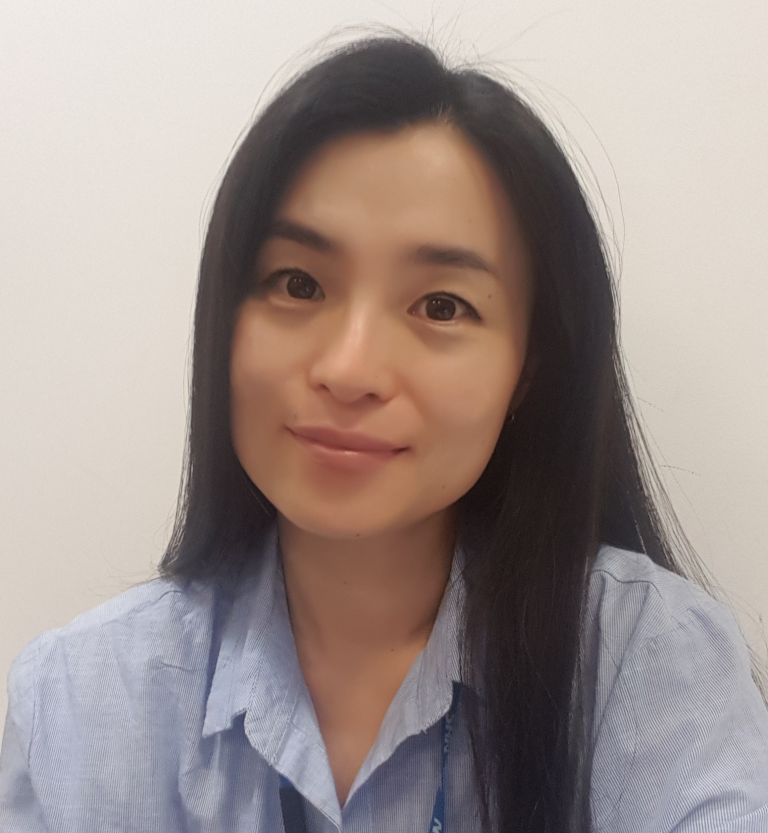Dr Mina Kim receives MS Society’s Innovative Award to translate research into early diagnosis of MS
4 December 2019
We're delighted to announce that Dr Mina Kim (Senior Research Associate, UCL Queen Square Institute of Neurology) has received the MS Society’s Innovative Award to translate research into early diagnosis of Multiple Sclerosis

About the Innovative award
MS Society is the largest charitable funder of MS research in the UK to award grants to encourage the highest quality MS research. The Innovative Award is dedicated to assist highly innovative, high-risk, high-reward research which, if successful, can make a real difference to the lives of people with MS.
Summary of Research
Dr Kim’s research focuses on early diagnosis of multiple sclerosis (MS) using advanced magnetic resonance imaging (MRI) methods. There is a scientific evidence that the brain of people with MS is not able to cope with the amount of energy that the inflamed cells require, which leads to the presence of lactic acid, similar to what happens in the muscles after using them for a long time without enough oxygen. Evidence also suggests that acidosis coupled with inflammation might be an early sign of MS, preceding irreversible tissue damage. Detecting acidosis in structurally sound brain tissue could be vital for understanding early disease mechanisms. She will develop new imaging biomarkers for such acidity changes in the brain associated with MS.
“I am thrilled to have received the award. The goal of this research is to detect subtle changes in acidity, in particular in the MS brain lesions, using an innovative MRI technology for the first time. This award will allow us to achieve this goal and help us to further understand early disease mechanism which might shed light on identifying new treatments.” Dr Mina Kim, Senior Research Associate, UCL Queen Square Institute of Neurology
“We are delighted to hear about Dr Kim’s UK MS Society award because this research will make a contribution towards understanding the mechanisms of MS and discovering new biomarkers.” Professor Olga Ciccarelli, Head of Department of Neuroinflammation, UCL Queen Square Institute of Neurology
 Close
Close

